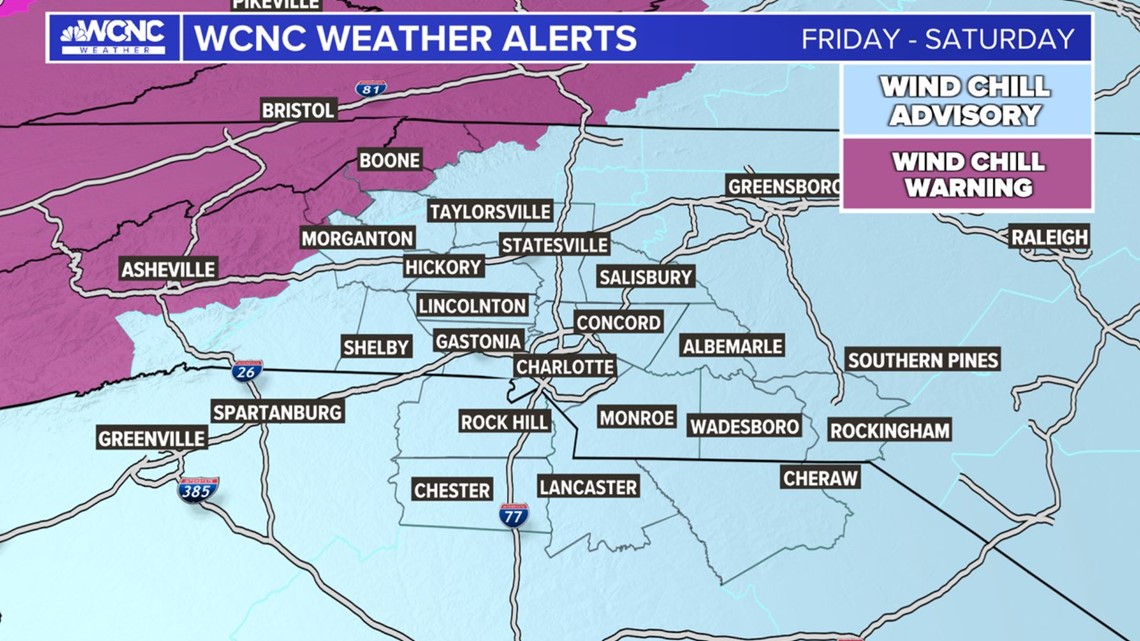On Christmas Eve, The Carolinas experienced an Arctic blast leaving the area with wind chills below zero moving between 40 and 50 mph. Being one of the coldest holiday weekends the region saw in recent years, around 500,000 Duke Energy customers were endured power outages.
The outages began around 6 a.m. Christmas Eve morning. Customers woke up to outages, and lost heat and electricity in their homes until 6 p.m. Before the Arctic blast, Governor Roy Cooper signed a State of Emergency since the Arctic blast forecasted frigid temperatures. Governor Cooper warned customers to charge their batteries, dress warmly, and look out for loved ones.
As a result of the large number of customers affected by the Arctic blast, Duke Energy couldn’t act as quickly as they normally would. This outage was the first time Duke Energy implemented a rolling outage for an Arctic blast. A rolling outage is a last resort procedure when the demand for power exceeds the power that can be provided by the grid. Implementing a rolling outage prevents damage on the electric grid, and prevents outages from lasting longer. These rolling outages stopped at 11:30 a.m, and Duke Energy brought power on to 10,000 customers at a time.
Even though The Carolinas don’t frequently see temperatures this low, Arctic blasts can still leave the region without power. Duke Energy customers typically worry about hurricanes leaving them without power since hurricanes are one of the main causes for power outages in the area. Times like these remind us why energy security and storage is an important investment. Extreme weather events of all kinds leave thousands without power, but an energy storage unit can keep a home running even during the events of an outage.

Photo courtesy of WCNC Charlotte

